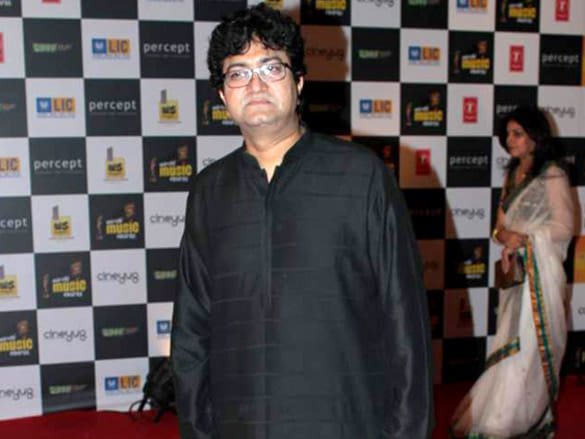The tribunal, which was hearing an appeal on a documentary on the Jat agitation in Haryana, said the move by the CBFC amounts to ‘abdicating functions’.
New Delhi: The Film Certification Appellate Tribunal (FCAT) has pulled up the Central Board of Film Certification (CBFC) for asking filmmakers to obtain no-objection certificates (NOCs) from government authorities, departments and individuals before clearing a film.
The tribunal said that such requirements have no legal basis and amount to the censor board “abdicating its functions”.
The FCAT made its observation while hearing an appeal by the makers of the Hindi documentary film, Cheerharan, which had been denied CBFC certification. It deals with the 2016 Jat agitation.
The CBFC had asked the filmmaker to secure a NOC from the Manohar Lal Khattar government of Haryana, which had been accused of incompetence in handling the agitation.
Also read: The problem with India’s censor board is its morally conservative outlook
The censor board’s revising committee then refused certification for the documentary on the grounds that it was one-sided and protected the interests of the Jat community. It ruled that the film would lead to a law and order problem if it was allowed release in the country. The filmmaker had approached the FCAT, challenging the CBFC’s order.
The FCAT is a statutory body under the I&B ministry and hears the appeals filed under Section 5C of the Act. Under this, applicants can file appeals before the tribunal if they are aggrieved by a CBFC order.
CBFC can’t delegate authority to other bodies: FCAT
While the FCAT dismissed the appeal and the filmmaker was granted liberty to approach the high court for relief, it took strong note of the fact that the CBFC had sought a NOC from the Haryana government for clearing the film.
The FCAT order noted that this isn’t the first time that CBFC has directed filmmakers to obtain NOCs from state government authorities, government departments and individuals.
“We have deprecated this practice. We have held that the statutory responsibility for certification (of films) is cast upon the CBFC under the Statute namely Cinematograph Act, 1952,” said the FCAT order, adding that the responsibility cannot be delegated or abdicated in favour of other statutory authorities, government departments or individuals.
In 2017, the CBFC had sought NOCs from Prime Minister Narendra Modi, former Delhi chief minister Sheila Dixit and her successor Arvind Kejriwal to certify the documentary on Kejriwal’s election campaign, The Insignificant Man. It had also sought a NOC from the cabinet secretariat on the film Modi ka Gaon.
Also read: Jeevan Mrityu is the movie to see as India amends corruption act to protect civil servants
‘No legal basis’
The tribunal order further notes that this practice of seeking NOCs from government authorities has no legal basis or foundation and is non-est and cannot be insisted upon.
“It tantamount to CBFC abdicating its functions,” the order reads.
The CBFC at present certifies films under the archaic Cinematograph Act, 1952, through which it exercises several arbitrary powers while certifying films.
A report for the overhaul of the certification body, by the Shyam Benegal committee, had suggested massive changes in its functioning, including on its powers to recommend cuts or modifications in a film. Implementing the recommendations would need major amendments to the existing cinematograph act.
Subsequently, a fresh draft cinematograph bill was drawn up and extensive inter-ministerial consultations and talks with industry stakeholders were also held under Venkaiah Naidu as the information and broadcasting minister. However, the bill has been in cold storage since then.






